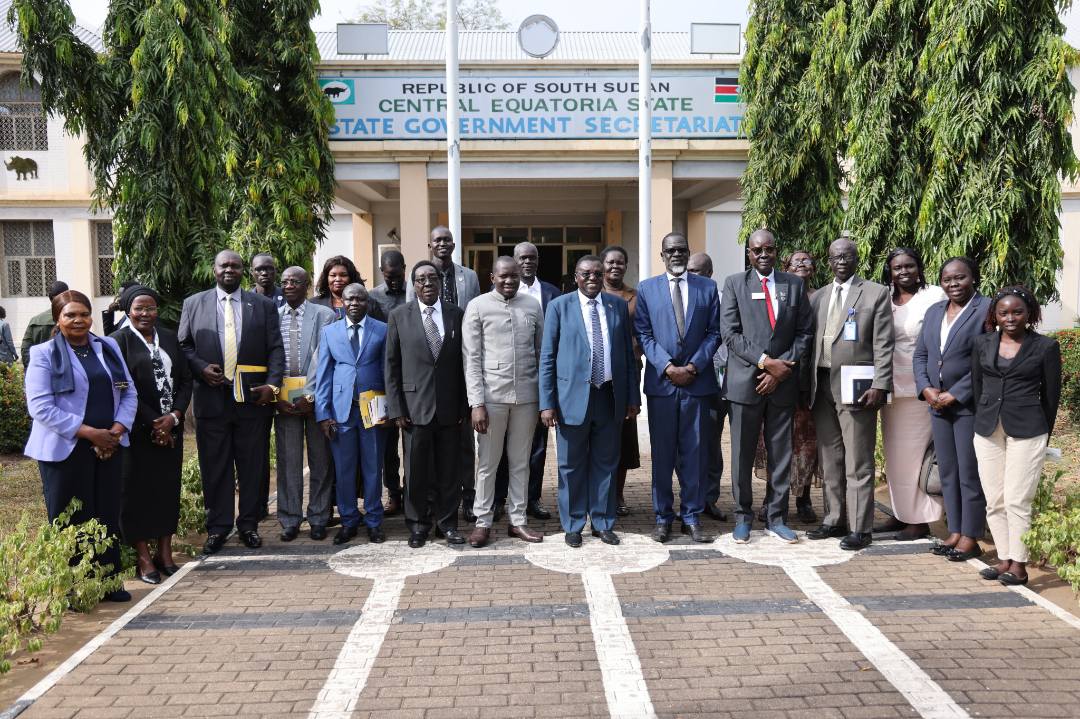
by Emmanuel M. Garjiek
School fees have become a substantial obstacle to education in South Sudan, particularly for low-income households. The battle to enroll children in school is a hard reality that impacts many families across the country. Education is a fundamental right, but for many South Sudanese families, the financial burden of school tuition is onerous and sometimes unmanageable.
The cost of education in South Sudan varies greatly, with some institutions asking relatively cheap fees and others demanding large sums that might be crushing for low-income families. In remote locations with limited economic possibilities, parents sometimes struggle to raise the finances required to enroll their children in school. The situation has been fuel by the ongoing conflict and economic situation which have force numerous households without source of income because of that many children are out of the school
Additionally the lack of government supports and funds for the education the conflicts , many governmental school are not getting support and defends Soley on the students fees to function the operations of the schools .this has led to hard cycle in which those who are able to have access to education , leaving the most vulnerable children behind , the ga in access to education will not only limits individual capacity , but it also affect the nation general development
The emotional toll on parents is significant. Many parents feel powerless and frustrated as they see their children hunger for an education they cannot afford. The necessity to provide for their family frequently causes parents to make tough decisions, putting current survival ahead of long-term educational ambitions. This cycle of poverty perpetuates itself because children who are unable to attend school are less likely to obtain higher-paying occupations in the future, perpetuating the financial struggle.
In conclusion, the problem of school tuition in South Sudan is a critical one that demands immediate response. The government and foreign organizations must collaborate to develop a








